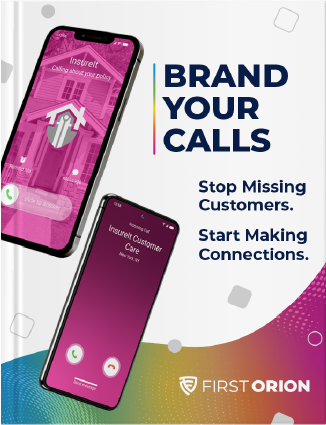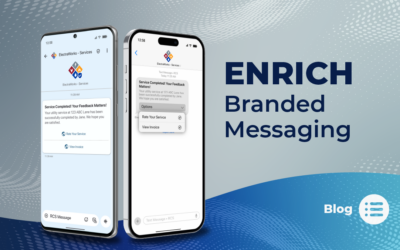It’s a grave misconception that there’s only one type of scammer. Despite what you may think, they’re not the shady hoodie-hackers you see in every stock photo of a “scammer.” Phone scams pour into the U.S. from countries across every corner of the globe. Their perfect target isn’t a cookie cutter image either. As our latest survey discovered, it isn’t Memaw and Pop Pop getting scammed the most – it’s millennials. If you’re willing and able to pick up a phone, you’re a target.
These con artists make their money through deception: lying, cheating, and fooling people into thinking they’re about to get rich quick. Whether or not you’ve heard of these cons before, familiarizing yourself with all of them may ring the alarm bells in your brain next time you get a suspicious call.
1. Stock Market Scams. Scammers have to move quickly to avoid being caught. In this classic “pump and dump” con, scammers cold call people selling impressive stocks. Spoiler alert – the stocks are worthless, often an investment in a non-existent company. The scammers themselves own many shares of these stocks, and wait for the value to rise as more people invest. Once it gets high enough, the con man will sell his own shares and disappear with the proceeds and the investor money.
2. Tech Support Scams. Have you gotten a call suggesting that your machine might be compromised? These scammers will go round and round trying to get you to install their “special software” to fix your machine. They’ll guess at the make or model of your machine and hope you get spooked by the supposed virus they’ve offered to fix. This scam can go down one of two ways: Either they get you to pay up for their services, or they convince you to install software that would allow them to take over your computer, record your keystrokes, and ultimately steal your identity. If you get a fishy call from tech support (and you didn’t call them first), ask them what machine they’re calling about to trip them up.
3. Utility Scams. A call threatening to disconnect your power can be unsettling, but don’t give into their demands if the whole thing feels wrong! If you remember paying the bill recently, or they ask for an odd form of payment such as gif cards or wiring money, that should get your spammy-senses tingling.
4. Prize Scams. If it sounds too good to be true, it probably is. These scams are a dime a dozen, and as exciting as a four week cruise to France may be, any prize that requires you to pay upfront and over the phone is probably a fake one. Never send a “prize” company taxes, processing fees, shipping and handling, insurance, or anything else they may ask to claim your prize. If the scammers are claiming to be from a legitimate company, hang up, Google the real number, and call back to verify.




